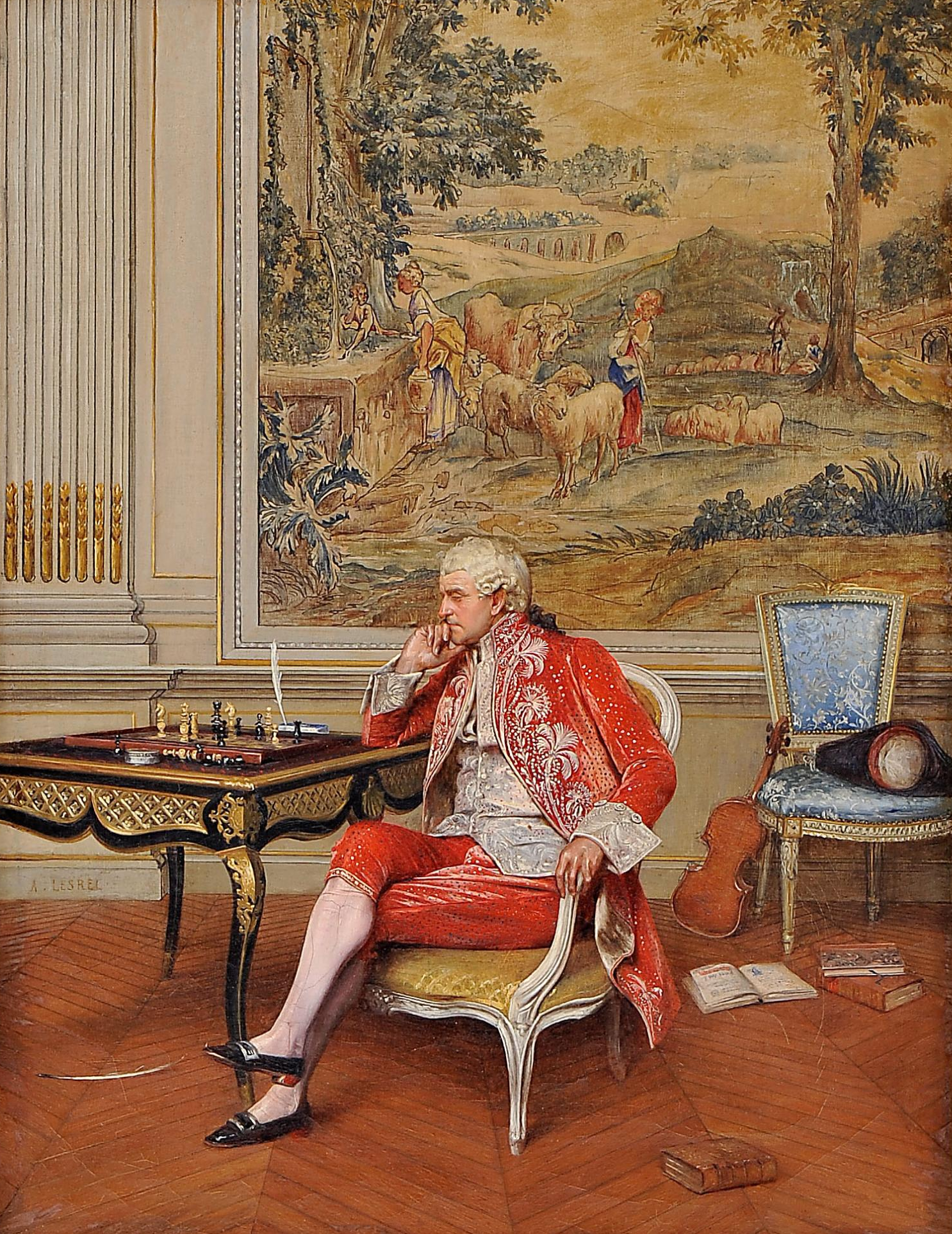Chess 101
- Introduction to Chess
- Rules of the Game
- Tactics
- Strategy & Planning
- Advanced Endgame Techniques
- Planning & Execution
- Notable Games Analysis
- Chess Psychology
- Training & Improvement
Training & Improvement
Solving Chess Puzzles: A Key to Mastery

Problem made with chess.
Chess puzzles are an essential tool in the arsenal of every chess player, regardless of their skill level. They are designed to challenge a player's understanding of chess tactics and strategy, and they provide an excellent way to improve one's game.
Importance of Chess Puzzles in Training
Chess puzzles are scenarios taken from real games that require a player to find the best move or sequence of moves. They are a fantastic way to practice and reinforce the concepts and tactics learned in chess lessons. By solving puzzles, players can improve their tactical vision, pattern recognition, and decision-making skills under pressure.
Types of Chess Puzzles
There are several types of chess puzzles, each focusing on different aspects of the game:
-
Tactics Puzzles: These puzzles often involve a sequence of moves that lead to an immediate advantage or checkmate. They are excellent for practicing forks, pins, skewers, discovered attacks, and other tactical themes.
-
Endgame Puzzles: These puzzles focus on the endgame phase of the game, where each move can be critical. They can help improve your understanding of key endgame concepts like king and pawn endings, the importance of pawn structure, and the power of active pieces.
-
Mate in N Puzzles: These puzzles require you to checkmate the opponent's king in a specified number of moves. They are great for improving your visualization skills and understanding of mating patterns.
How to Solve Chess Puzzles
When solving a chess puzzle, it's important to take your time and calculate all the variations. Start by identifying the tactical themes and imbalances in the position. Look for checks, captures, and threats, and consider all of your opponent's possible responses. If you're stuck, try to change your perspective or look for quiet moves that might be easy to overlook.
Using Chess Puzzles to Improve Pattern Recognition
One of the main benefits of solving chess puzzles is that they can help improve your pattern recognition. By repeatedly exposing yourself to tactical patterns and motifs, you'll start to recognize them more quickly in your own games. This can give you a significant advantage, as you'll be able to anticipate your opponent's threats and find powerful moves more easily.
Resources for Chess Puzzles
There are many resources available for finding chess puzzles. Chess books often contain collections of puzzles, and there are numerous websites and apps that offer daily puzzles and puzzle rush features. Some popular options include Chess.com, Lichess, and the Chess Tactics Pro app.
In conclusion, chess puzzles are a fun and effective way to improve your chess skills. By incorporating them into your regular training routine, you can significantly enhance your tactical vision and overall understanding of the game.